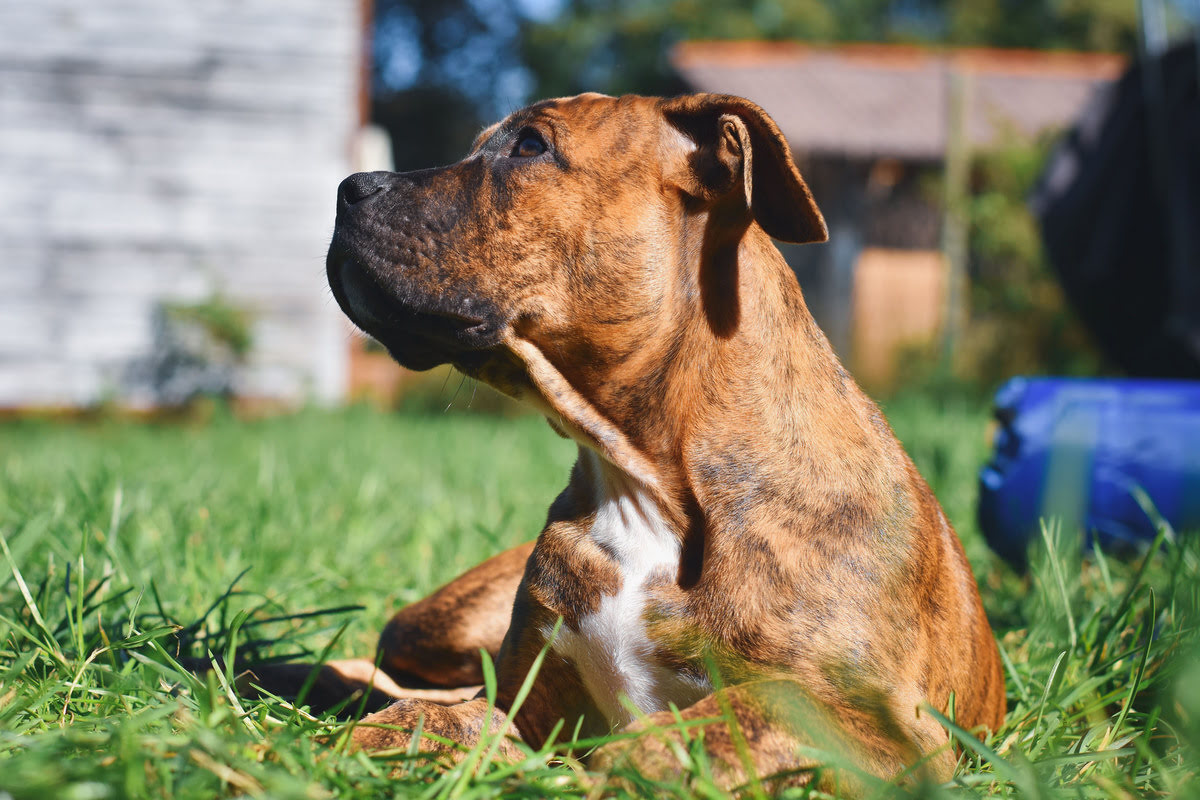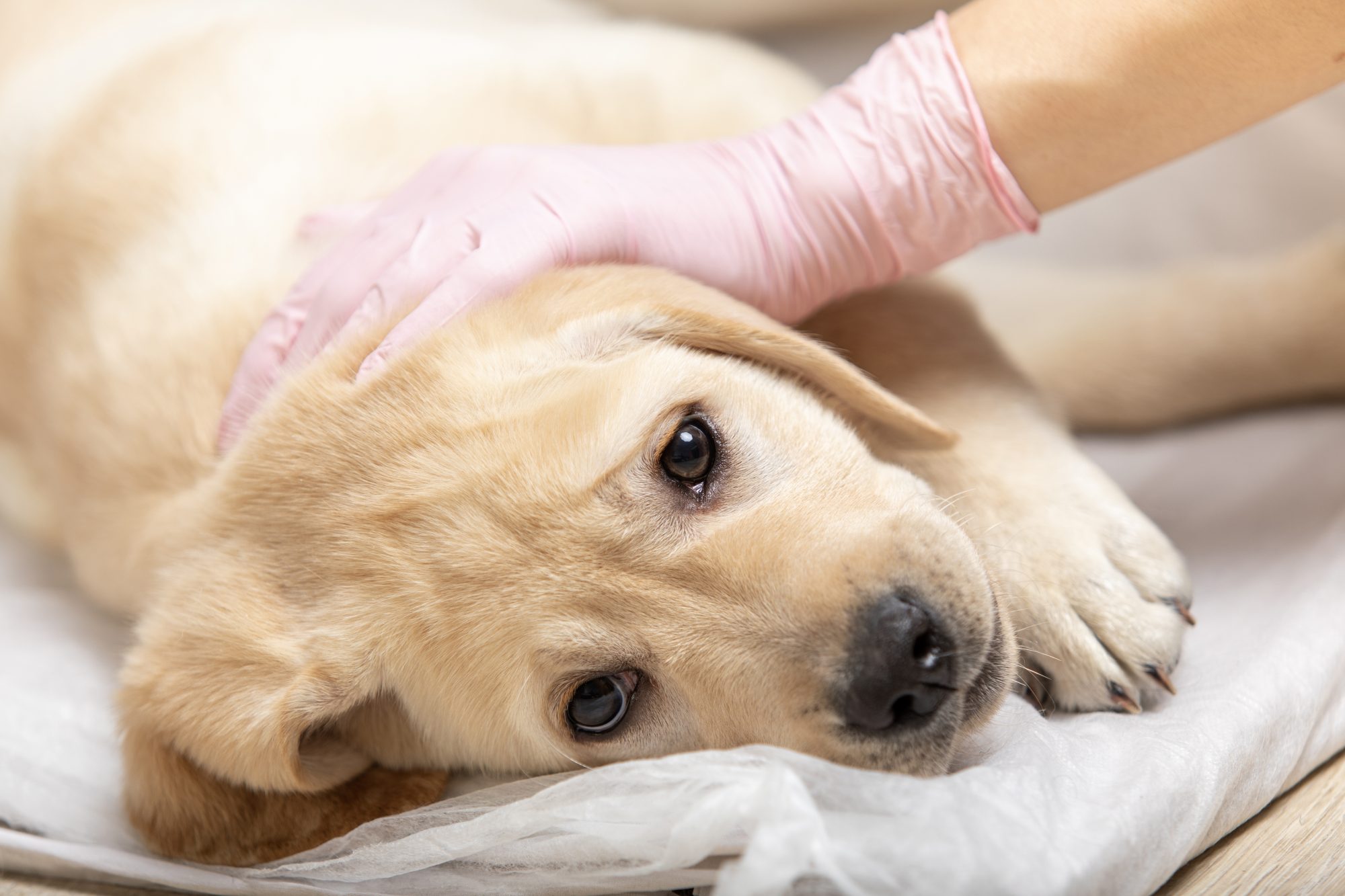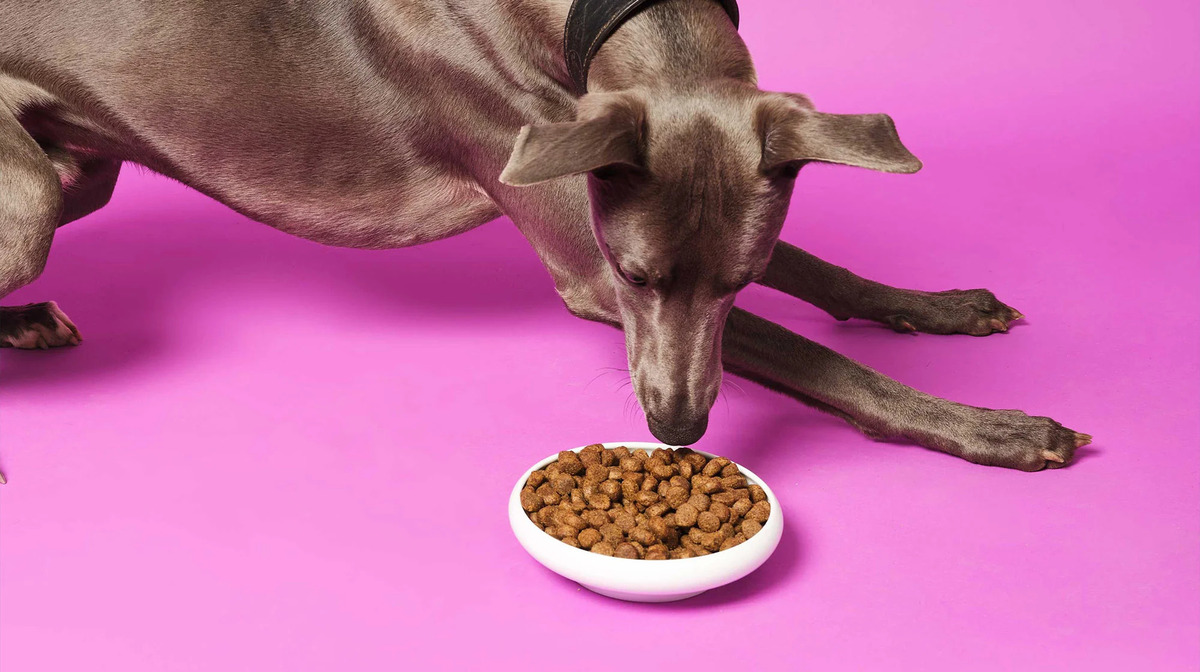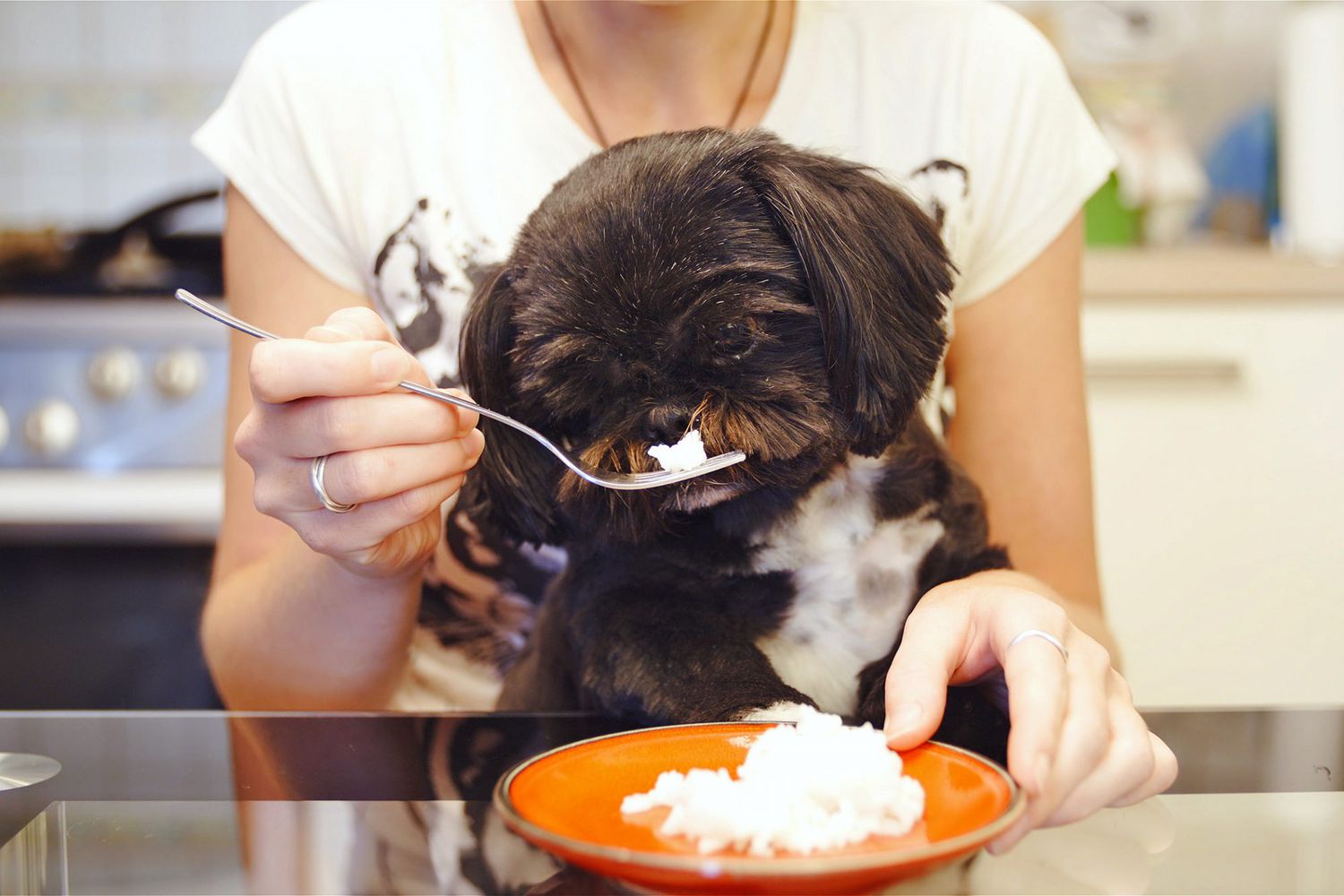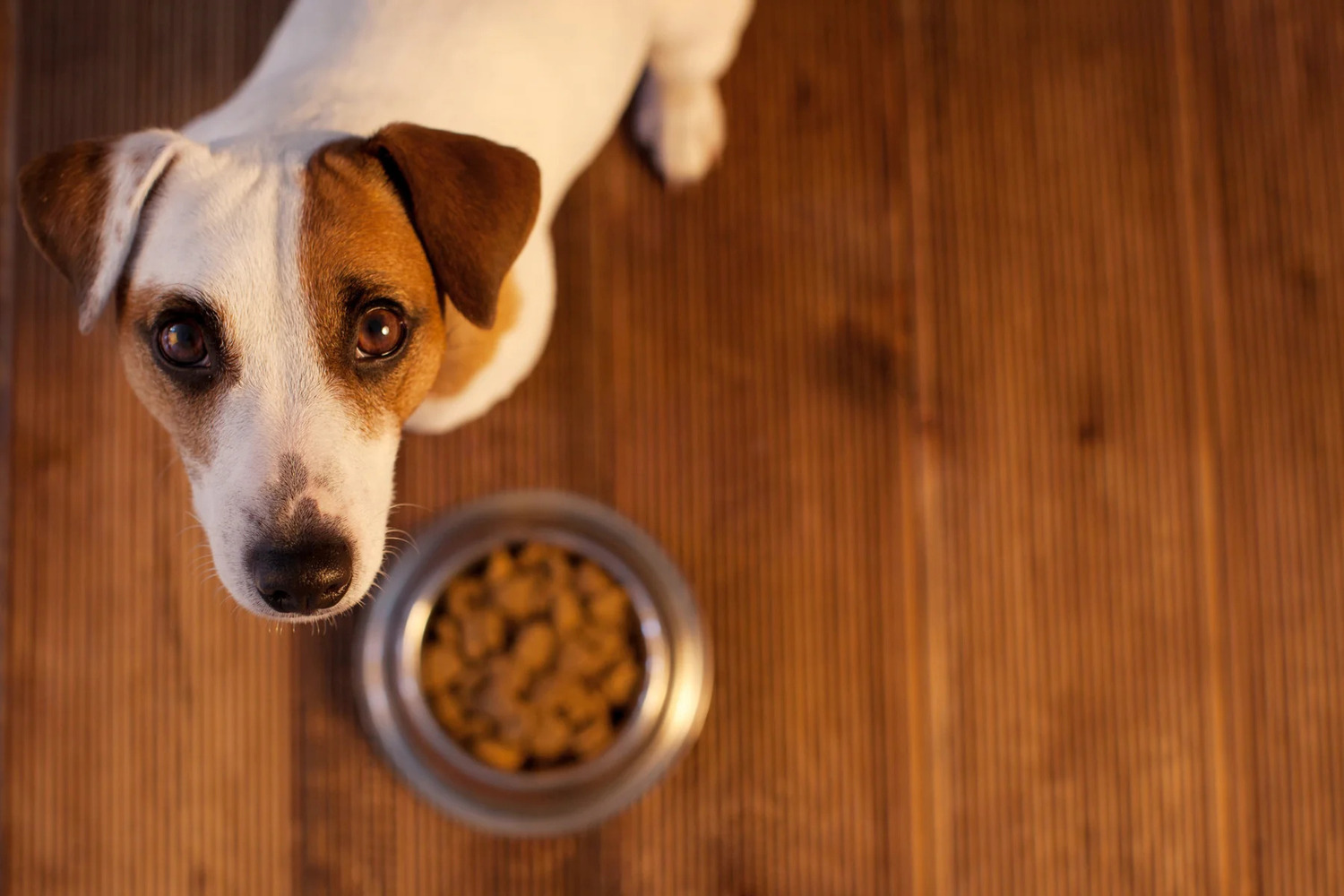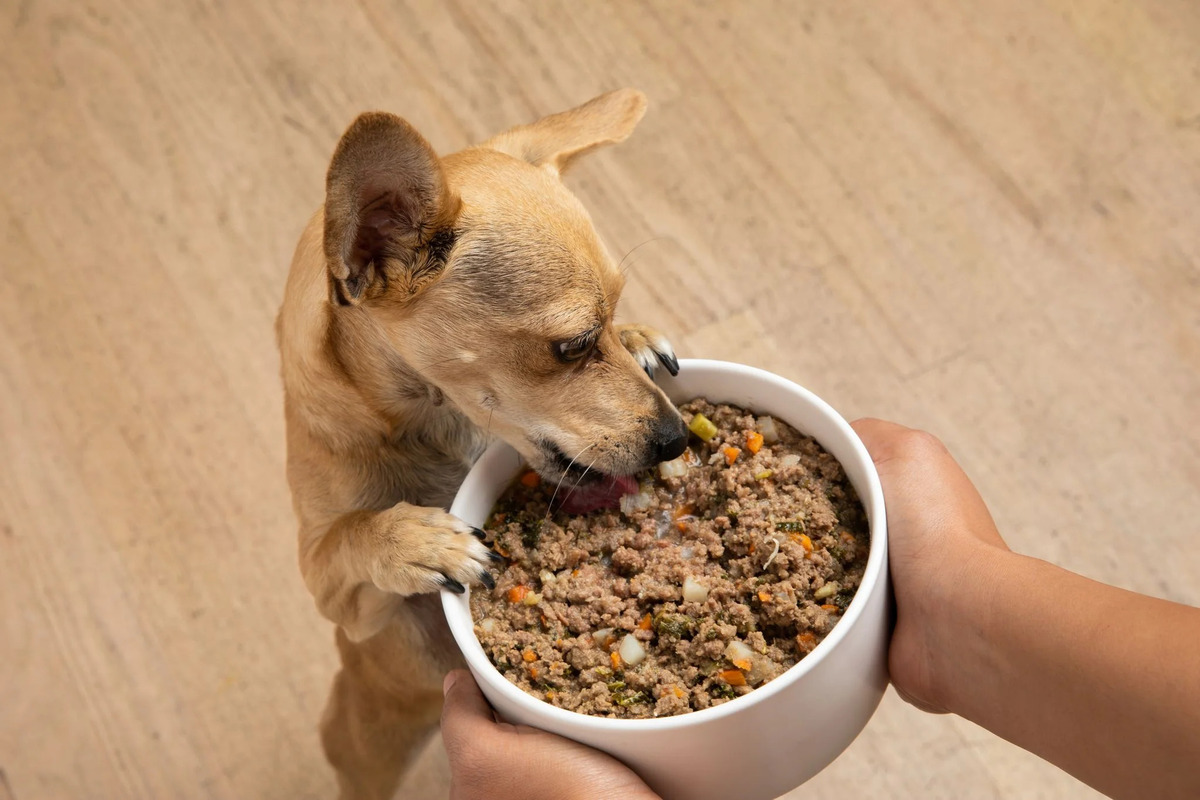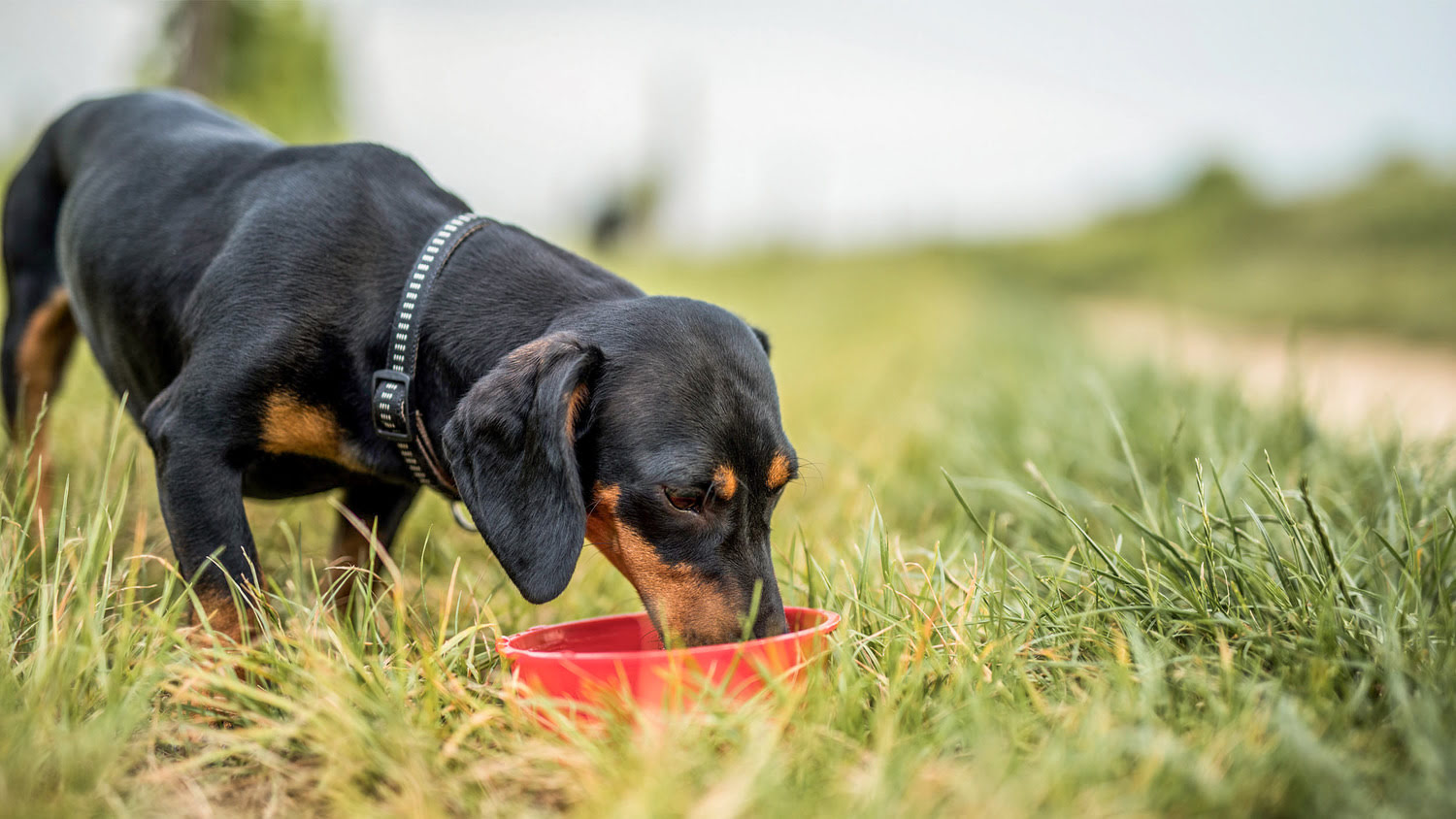Home>Health & Wellness>Common Health Issues>What To Feed Dogs With Cancer
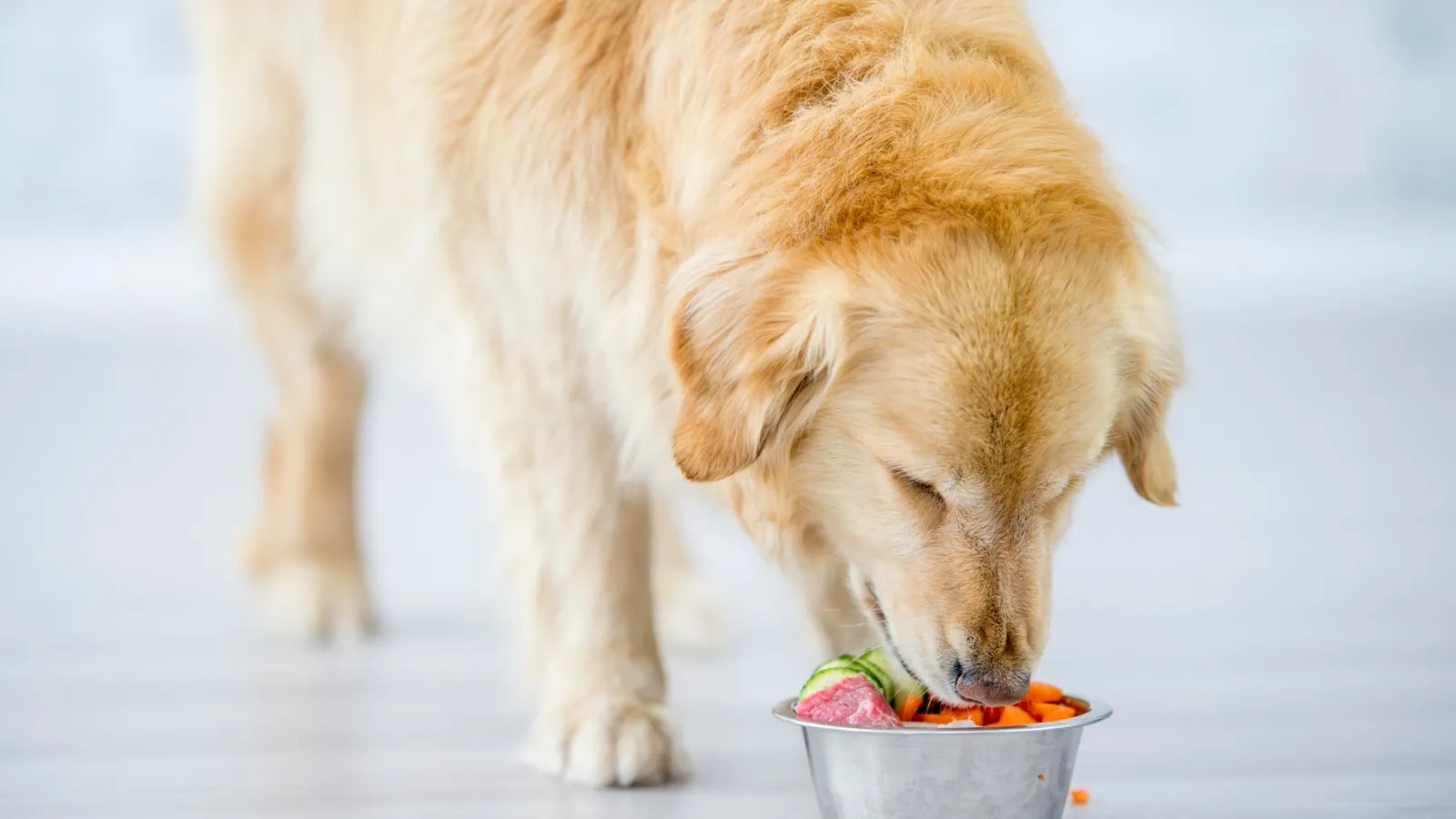

Common Health Issues
What To Feed Dogs With Cancer
Modified: February 21, 2024
Discover the best diet for dogs with cancer and learn how to manage common health issues. Find expert advice and support for your pet's well-being.
(Many of the links in this article redirect to a specific reviewed product. Your purchase of these products through affiliate links helps to generate commission for Pawsomeoldies.com, at no extra cost. Learn more)
Table of Contents
Introduction
When a beloved furry friend is diagnosed with cancer, it can be a challenging and emotional time for pet owners. Alongside medical treatments and care, proper nutrition plays a crucial role in supporting the overall well-being and quality of life for dogs battling cancer. A well-balanced and tailored diet can help manage symptoms, boost the immune system, and improve the dog's response to treatment.
Understanding the dietary needs of dogs with cancer is essential for providing them with the best possible care. This includes knowing which foods can support their health and which ones to avoid. By making informed choices about what to feed dogs with cancer, pet owners can positively impact their pet's comfort and vitality during this difficult time.
In the following sections, we will delve into the importance of nutrition for dogs with cancer, explore the recommended diet for these special pets, highlight foods to avoid, and provide practical tips for feeding dogs with cancer. By gaining insight into these aspects, pet owners can empower themselves to make informed decisions about their furry companion's diet, ultimately contributing to their well-being and comfort.
Read more: What To Feed A Dog That Has Allergies
Importance of Nutrition for Dogs with Cancer
Proper nutrition is paramount for dogs battling cancer, as it plays a pivotal role in supporting their overall health and well-being. When a dog is diagnosed with cancer, their body's nutritional needs may change due to the disease itself, as well as the potential side effects of treatments such as chemotherapy or radiation.
A well-balanced and tailored diet can help manage symptoms, boost the immune system, and improve the dog's response to treatment. Adequate nutrition is essential for maintaining the dog's strength and energy levels, which can be compromised during the course of the illness.
In addition to supporting the dog's physical health, proper nutrition can also have a positive impact on their mental and emotional well-being. A diet that meets the dog's nutritional requirements can contribute to their comfort and quality of life, helping them maintain a sense of normalcy and vitality despite the challenges they may be facing.
Furthermore, specific nutrients and dietary components have been found to possess potential anti-cancer properties, which can aid in managing the disease and its symptoms. For instance, certain antioxidants and phytonutrients found in fruits and vegetables have been associated with anti-inflammatory and immune-boosting effects, which can be beneficial for dogs with cancer.
Moreover, maintaining a healthy body weight is crucial for dogs with cancer, as being underweight can weaken the immune system and hinder the body's ability to cope with the disease and its treatments. On the other hand, obesity can exacerbate certain health issues and put additional strain on the dog's body. Therefore, a balanced diet that supports the dog in maintaining an optimal weight is essential for their overall well-being.
In essence, the importance of nutrition for dogs with cancer cannot be overstated. By providing these special pets with a carefully curated diet that meets their specific nutritional needs, pet owners can play a significant role in supporting their furry companion's health, comfort, and resilience throughout their battle with cancer.
Recommended Diet for Dogs with Cancer
When it comes to crafting a recommended diet for dogs with cancer, the focus is on providing a nutritionally dense and balanced meal plan that supports the dog's overall health and well-being. Here are key considerations for creating a diet tailored to the specific needs of dogs battling cancer:
High-Quality Protein
Incorporating high-quality protein sources into the dog's diet is essential for supporting their muscle mass and overall strength. Lean meats such as chicken, turkey, and fish can serve as excellent protein sources, providing essential amino acids that aid in tissue repair and immune function. Additionally, eggs and dairy products can contribute valuable protein to the dog's diet.
Healthy Fats
Including healthy fats in the dog's diet can offer a source of concentrated energy and support the absorption of fat-soluble vitamins. Omega-3 fatty acids, found in fish oil and flaxseed, have been associated with anti-inflammatory properties and may help in managing inflammation associated with cancer. Moreover, these fats can contribute to maintaining the dog's coat and skin health.
Read more: What Can You Feed A Dog To Help With Fleas
Complex Carbohydrates
Incorporating complex carbohydrates such as sweet potatoes, brown rice, and quinoa can provide a slow-release source of energy and essential nutrients. These carbohydrates can help maintain stable blood sugar levels and support the dog's energy requirements, especially during periods of illness or treatment.
Antioxidant-Rich Foods
Foods rich in antioxidants, such as blueberries, spinach, and kale, can play a valuable role in supporting the dog's immune system and combating oxidative stress associated with cancer. Antioxidants have been linked to potential anti-cancer effects and can contribute to the dog's overall well-being.
Hydration
Ensuring adequate hydration is crucial for dogs with cancer, especially if they are experiencing side effects such as vomiting or diarrhea. Fresh, clean water should be readily available to support the dog's overall health and aid in the elimination of toxins from the body.
Small, Frequent Meals
Feeding dogs with cancer small, frequent meals throughout the day can help manage digestive issues and maintain their energy levels. This approach can also prevent the dog from feeling overwhelmed by large meals, especially if they are experiencing appetite changes due to their condition or treatment.
By incorporating these elements into the recommended diet for dogs with cancer, pet owners can provide their furry companions with a nourishing and supportive meal plan that addresses their specific nutritional needs during this challenging time. This tailored approach to nutrition can contribute to the dog's comfort, vitality, and overall quality of life as they navigate their battle with cancer.
Read more: What To Feed A Dog With Urinary Crystals
Foods to Avoid for Dogs with Cancer
When it comes to caring for dogs with cancer, it is equally important to be mindful of the foods that may have a negative impact on their health and well-being. Certain dietary choices can potentially exacerbate symptoms, interfere with treatment, or pose risks to the dog's overall condition. Here are key foods to avoid when feeding dogs with cancer:
Processed Foods
Highly processed foods, including commercial dog treats with artificial additives, preservatives, and excessive fillers, should be avoided. These products often lack essential nutrients and may contain ingredients that can burden the dog's system or contribute to inflammation, which is particularly detrimental for dogs battling cancer.
High-Glycemic Carbohydrates
Foods with a high glycemic index, such as white bread, pastries, and sugary treats, can lead to rapid spikes in blood sugar levels. This can potentially fuel the growth of cancer cells and contribute to insulin resistance. It is advisable to opt for complex carbohydrates that provide a slow and steady release of energy, supporting stable blood sugar levels without promoting rapid fluctuations.
Fatty Meats
While healthy fats are beneficial for dogs with cancer, it is important to avoid fatty meats such as processed deli meats, bacon, and high-fat cuts of beef. These foods can be difficult for the dog to digest and may contribute to gastrointestinal distress. Opting for leaner sources of protein, such as skinless poultry and fish, can provide valuable nutrients without the added burden of excessive fat.
Foods High in Sodium
Excessive sodium intake can lead to dehydration and electrolyte imbalances, which can be particularly taxing for dogs undergoing cancer treatment. Processed foods, salty snacks, and high-sodium condiments should be avoided to prevent potential complications and support the dog's overall hydration and well-being.
Foods Toxic to Dogs
Certain human foods are toxic to dogs and can pose severe health risks, especially for those already battling a serious illness. Examples include chocolate, grapes, raisins, onions, garlic, and products containing xylitol. These items should be strictly avoided to prevent adverse reactions and safeguard the dog's health.
By being mindful of these foods to avoid and making informed dietary choices, pet owners can play a crucial role in supporting the well-being and comfort of their furry companions as they navigate their journey with cancer. A carefully curated diet that excludes potentially harmful foods can contribute to the dog's overall health and vitality, complementing their medical care and enhancing their quality of life.
Tips for Feeding Dogs with Cancer
Feeding a dog with cancer requires careful attention and consideration to ensure that their nutritional needs are met while managing the challenges associated with their condition. Here are essential tips to guide pet owners in providing optimal care through feeding:
Consult with a Veterinarian
Before making any dietary changes, it is crucial to consult with a veterinarian or a veterinary nutritionist. These professionals can offer valuable insights tailored to the dog's specific condition, treatment plan, and individual nutritional requirements. Seeking expert guidance ensures that the dog's diet aligns with their overall care and supports their well-being.
Read more: What To Feed My Senior Dog With No Teeth
Monitor the Dog's Appetite and Eating Habits
Cancer and its treatments can impact a dog's appetite and eating habits. It is important to observe any changes in appetite, preferences, or difficulties with chewing or swallowing. By monitoring the dog's eating behavior, pet owners can adapt the feeding routine to accommodate any challenges and ensure that the dog receives adequate nutrition.
Offer Palatable and Nutrient-Dense Foods
Selecting palatable and nutrient-dense foods can encourage a dog with cancer to maintain their appetite and receive essential nutrients. Opting for high-quality, easily digestible foods that appeal to the dog's senses can support their overall well-being. Additionally, incorporating a variety of flavors and textures can help stimulate the dog's interest in eating.
Adapt the Diet to Manage Side Effects
Cancer treatments may lead to side effects such as nausea, vomiting, or diarrhea. Adapting the dog's diet to accommodate these challenges is essential. This may involve offering smaller, more frequent meals, providing easily digestible foods, or adjusting the diet based on the dog's tolerance and nutritional needs during treatment.
Maintain a Consistent Feeding Schedule
Establishing a consistent feeding schedule can provide stability and routine for a dog with cancer. Regular mealtimes can help regulate the dog's appetite, digestion, and energy levels. Consistency in feeding can also support the dog's overall well-being and comfort during their battle with cancer.
Read more: What Do I Feed A Dog With Diabetes?
Consider Nutritional Supplements
In some cases, nutritional supplements may be recommended to complement the dog's diet and address specific nutritional deficiencies or support their immune system. These supplements should be discussed with a veterinarian to ensure they align with the dog's treatment plan and overall nutritional requirements.
Provide a Calm and Comfortable Eating Environment
Creating a calm and comfortable eating environment can positively impact the dog's mealtime experience. Minimizing stress and distractions during feeding can help the dog relax and focus on their food, promoting a positive association with mealtime and supporting their overall comfort.
By implementing these tips, pet owners can navigate the complexities of feeding a dog with cancer with attentiveness and care, ultimately contributing to the dog's well-being and quality of life throughout their journey with cancer.
Conclusion
In conclusion, providing proper nutrition for dogs battling cancer is a crucial aspect of their overall care and well-being. By understanding the significance of tailored diets and making informed dietary choices, pet owners can positively impact their furry companions' comfort and vitality during this challenging time.
The recommended diet for dogs with cancer focuses on incorporating high-quality protein, healthy fats, complex carbohydrates, and antioxidant-rich foods to support their nutritional needs. This carefully curated meal plan aims to maintain the dog's strength, energy levels, and immune function, ultimately contributing to their overall health and resilience.
Conversely, being mindful of foods to avoid is equally important. Steering clear of processed foods, high-glycemic carbohydrates, fatty meats, high-sodium foods, and items toxic to dogs can prevent potential complications and support the dog's well-being as they navigate their battle with cancer.
Moreover, implementing essential tips for feeding dogs with cancer, such as consulting with a veterinarian, monitoring eating habits, and adapting the diet to manage side effects, can help pet owners provide optimal care and support for their furry companions.
By prioritizing the nutritional needs of dogs with cancer and making thoughtful choices about their diet, pet owners can play a significant role in enhancing their furry companions' quality of life and comfort throughout their journey with cancer. This holistic approach to care, encompassing both medical treatment and tailored nutrition, can make a meaningful difference in supporting dogs as they face the challenges of cancer.
Ultimately, the bond between pet owners and their dogs is strengthened through the commitment to providing the best possible care, including a well-balanced and supportive diet. By embracing this holistic approach, pet owners can offer their furry companions the comfort, vitality, and resilience they deserve as they navigate their battle with cancer.

